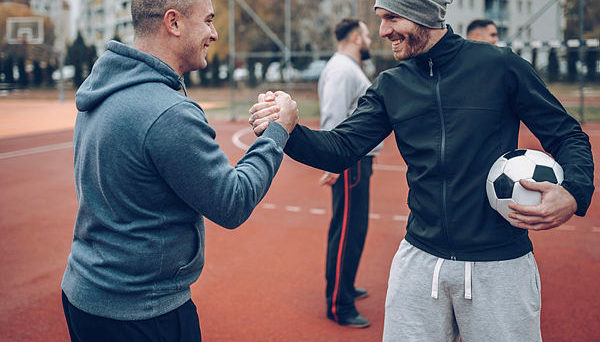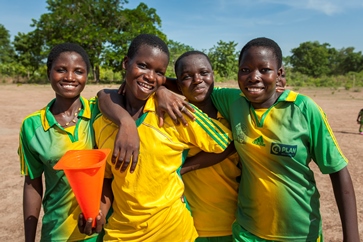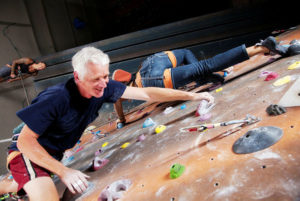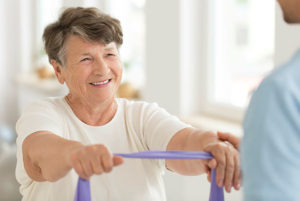
The International Day of Sport for Development and Peace (IDSDP) is an annual celebration of the power of sport to drive social change, community development and to foster peace and understanding.
As International Olympic Committee President, Thomas Bach, regularly emphasizes, “sport is not just physical activity; it promotes health and helps prevent, or even cure, the diseases of modern civilization. It also is an educational tool which fosters cognitive development, teaches social behavior and helps to integrate communities.”
Sport for development and peace
Two studies underway in India (PAnKH and JIAH) are finding ways to improve adolescent girls’ social and economic development. Using a blend of participatory learning and gender-mixed sports sessions they hope to impact on adolescent girls’ marriage, gender, education, and mental health attitudes, as well as socio-emotional and non-cognitive skills.

The KaziBantu and KaziAfya studies see collaboration between universities in Switzerland, South Africa, Tanzania, and Ivory Coast to use sport to promote healthy development in children. Schools across the 3 African countries try out a program of sport, dance, and nutrition education to prevent obesity later in life. Early results indicate that there is a positive effect on academic performance and cardiovascular risk factors.
Sport for health
The FFIT trial in Scotland and the follow-up EuroFIT trial across several European cities, worked with professional football clubs to help men lose weight and become more active. Results reported by BMC and PLOS showed significant improvements in diet, alcohol intake, weight, well-being, self-esteem, and vitality over the 12-month programs. In Canada, a similar study (HAT-TRICK) has teamed up with ice-hockey clubs to encourage men over 40 to get fit and lose weight.

In Germany, the KuS study looked at indoor rock climbing as a new treatment for depression. Short mindfulness-based meditation sessions on overcoming mental barriers were followed by indoor climbing exercises requiring coping and teamwork. Results published by BMC indicated positive effects on measures of depression.
Get moving!
Can lunchtime walking increase physical activity and improve mental well-being in sedentary employees? The Step by Step study showed that just three 30-minute lunchtime walks can put you on your way to the recommended 150 minutes a week, as well as improving enthusiasm, relaxation, and nervousness at work.
Sport and physical education is a fundamental right for all. UNESCO, 1978.
The Transform-Us! trial included movement in the classroom to reduce sedentary behavior, promote physical activity, and improve children’s health. After taking part in the modified lessons, the students were more likely to display increased physical activity during recess.
Quality of life

Patients with rheumatoid arthritis (RA) have an increased risk of developing heart problems. In the recent PARA study, RA patients were given free gym memberships and a 3-month physical activity training program. As a result, patients reduced time spent sitting, increased activity levels, and got fitter.
The ongoing HIT4HYPOS trial in Scotland is investigating the effect of high-intensity training on type 1 diabetes patients’ awareness that they are having a hypoglycemic episode. The pilot study has already shown positive results, and this could reduce the risk of loss of consciousness or coma.
Conclusion
You may choose to participate in sports to compete, to get fitter, to meet new people, or just to have fun. Whatever the reason, there is plenty of research out there to show that you are reaping the benefits not just physically, but emotionally and socially as well.
Taking part in a sport or exercise-based clinical trial could be another way to try something new, get active, and contribute to research that has the potential to benefit millions.
Have you ever considered participating in a trial? Clinical research would not happen without patients and volunteers! In 2011, ISRCTN recognized the importance of this, becoming a data source for the launch of UK Clinical Trials Gateway, a Department of Health and Social Care initiative to encourage trial participation.
Enjoyed our post on sport research for development and peace? Explore some more hot topics that we have collated as part of International Day of Sport for Development and Peace 2019 here!
Comments